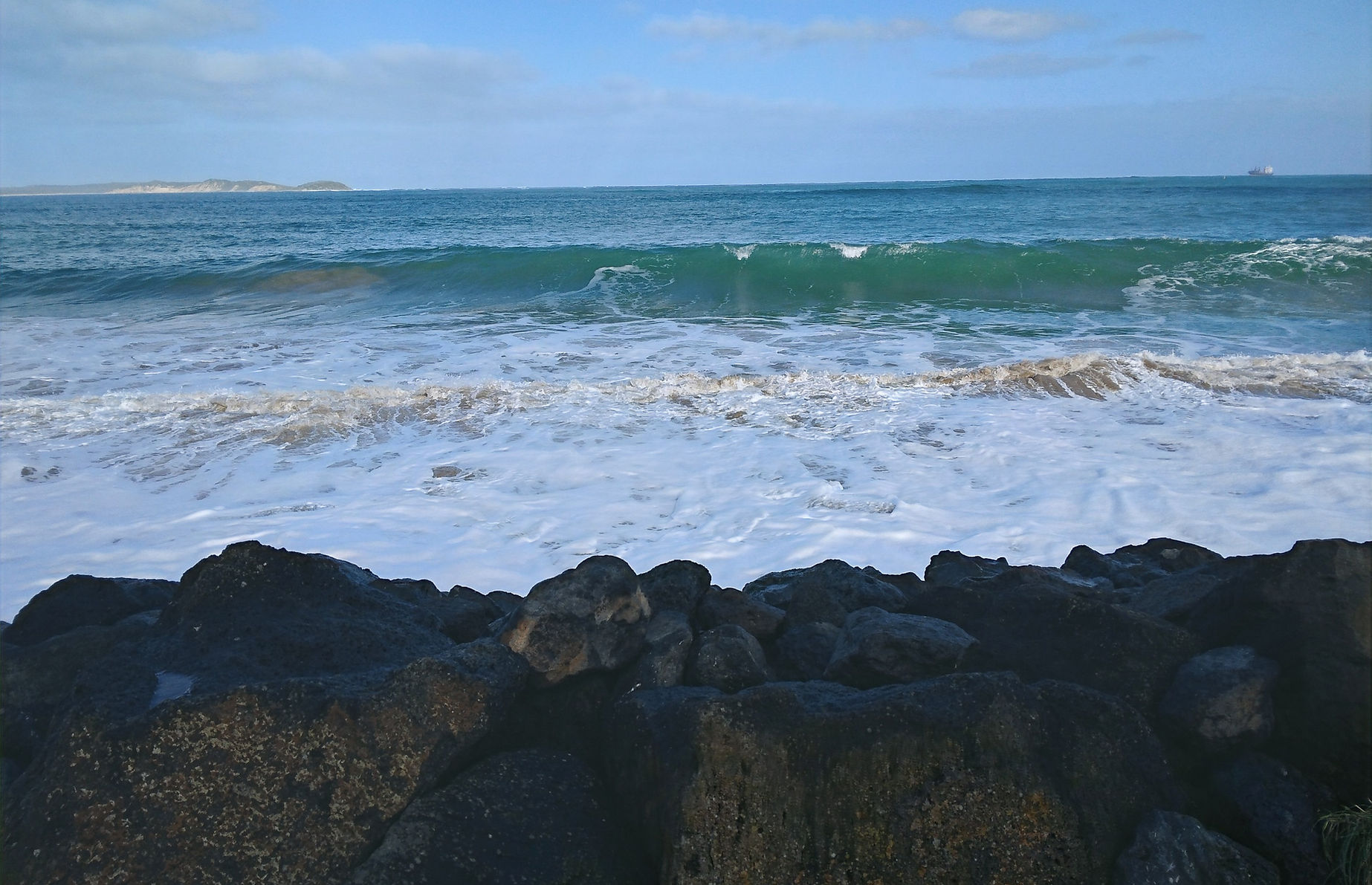One of the most basic and underlying arguments to support the “right” to Assisted Dying in the case of terminally ill patients is that we should all be free to choose when and how we wish to die. However, the reasons behind this choice can be so fluid, that Age Concern NZ, on their website wrote:
“There are various reasons why you, a family member or a friend may want an assisted death. Common reasons may be a deterioration in autonomy or a deterioration in quality of life, but everyone is different and will have their own reasons or views on assisted dying.”
These comments underline the accepted fact that assisted dying remains a personal choice outside any boundaries which may be imposed by an ethical or moral view of life. However, as Bishop Robert Barron recently wrote after seeing a billboard promoting Assisted Dying:
“My Life, my Death, my Choice.” Immediately, I thought of St. Paul’s diametrically opposite remark in his Letter to the Romans: “We do not live to ourselves, and we do not die to ourselves. If we live, we live to the Lord, and if we die, we die to the Lord; so then, whether we live or whether we die, we are the Lord’s.” I do believe that in regard to the issue of assisted suicide, it comes down to this: Did the billboard get it right, or did St. Paul? Does my life belong to me, or is it a gift from God? Is my death a matter of my personal choice, or is it under God’s providence and at his disposal?
The proposal(for assisted dying” is couched in language designed to assuage moral anxieties: it will be offered only to those who have a terminal diagnosis and who are making the decision in complete autonomy. In regard to the first point, colour me very sceptical. In many countries in Europe and in Canada, where physician-assisted suicide was approved in a similarly limited way, the restrictions on who can access it and the safeguards in place to prevent elder abuse, among other things, have been gradually lifted. In many of those places, the elderly, those with dementia, those experiencing depression or severe anxiety can all be candidates for this form of “treatment.” Though the advocates of medically assisted suicide will deny it until the cows come home, this law places the entire state directly on the slipperiest of slopes.”
True freedom is ordered toward moral value and ultimately to the supreme value who is God.”
The Bishop went on to explain that, contrary to popular opinion, autonomy is not a supreme value. He used the analogy of golf (or cricket or rugby) and what a game would look like if everyone simply did what they liked without following the rules or thinking of others.
As Christians and as human beings, we remain responsible for one another regardless of the physical, psychological, or social condition of the other. We are called to promote and facilitate life, not death. This is the only road towards true development and peace. All “I did it my way” philosophies result in not only a rejection of God but of one another and the deepest fabric of life, which is love.
To read the Article by Bishop Barron, click here.

